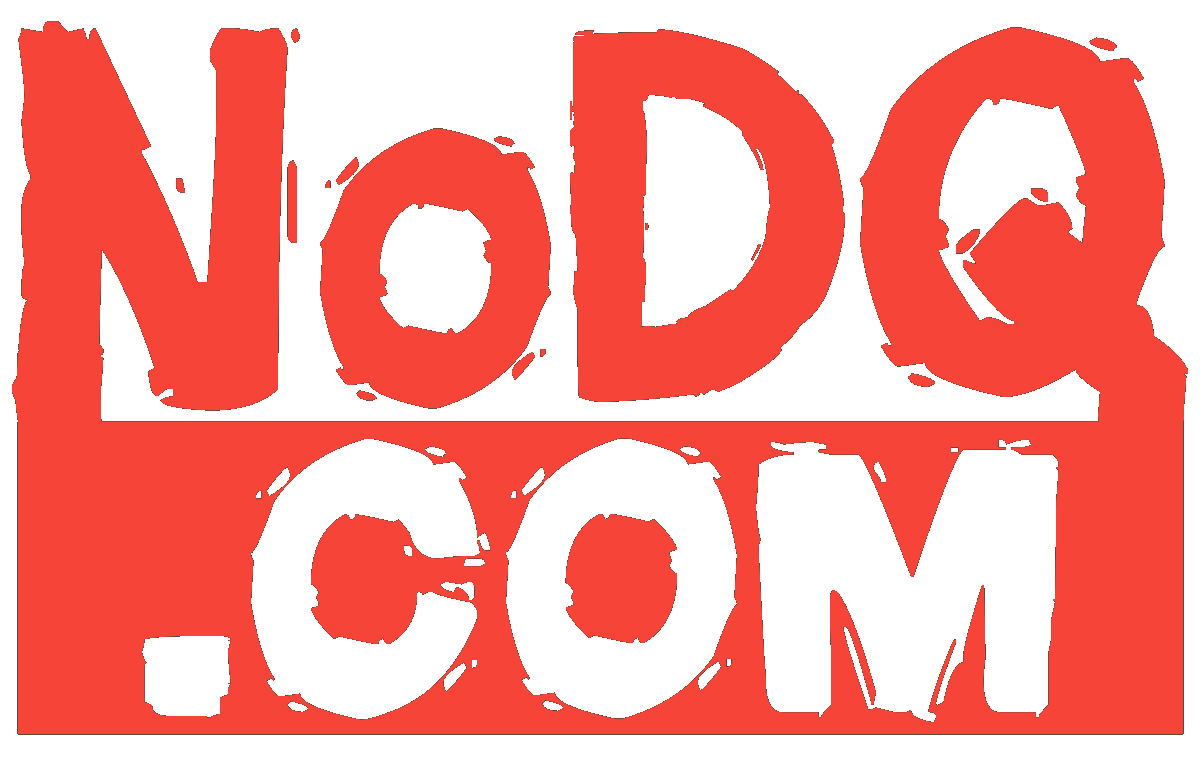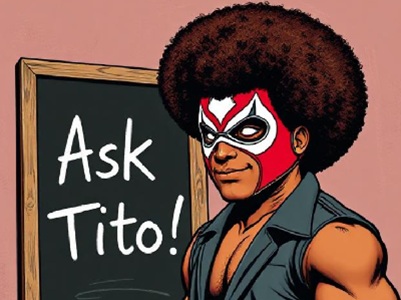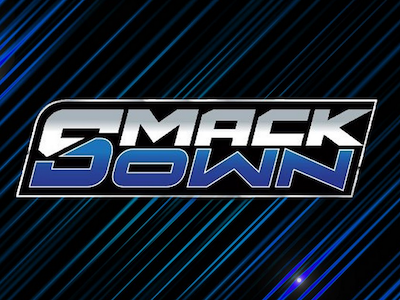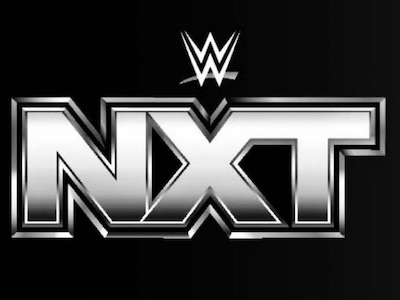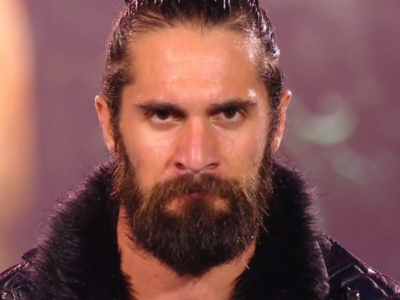How fake news created a toxic environment for wrestling fans
I was listening to Eric Bischoff’s 83 Weeks podcast, and he talked about how one made-up report by Dave Meltzer created a false narrative about him concerning the AEW TV deal.
This got me thinking: how many times has someone like Meltzer reported something he heard from a third-party source and decided to publish it without checking if it was accurate?
By the way, this will be a heavy anti-Meltzer column because, in my mind, he’s the biggest offender when it comes to spreading false news. However, there are others in the industry who are just as guilty.
Let’s look at the example that made me want to write this. When the AEW media deal was finally announced, Meltzer started taking shots at Bischoff, Cornette, and other podcasters who had criticized AEW, claiming they were “eating crow” because they supposedly said AEW would never get another deal. This was primarily directed at Bischoff, since a few days earlier, the guy who creates clips for Bischoff’s YouTube channel had posted a thumbnail for a video that said “No Deal.” Clearly, Meltzer didn’t listen to the clip and just ran with the thumbnail, claiming Bischoff said AEW would never get a new TV deal.
Once that story was out, it was posted on every news site that Bischoff had said AEW wouldn’t get a new deal, and Meltzer was mocking him when the deal was announced. The pro-AEW fans, who already disliked Bischoff and other podcasters critical of AEW, believed everything reported because it fit their narrative. In reality, Bischoff never said that. What he actually said was that he believed AEW would get a new deal, but he didn’t think it would be announced anytime soon because Tony Khan and Dave Meltzer had been crying wolf about it for over a year.
By reporting this false news as fact, Dave created a toxic climate between the pro-AEW and anti-AEW camps, and this isn’t the first time it’s happened.
Meltzer and others like him aren’t focused on doing research and great reporting—they’re in the business of creating sensational news to get fans to subscribe to their newsletters. By doing this, they foster a toxic climate among the fandom.
I believe wrestling reporting can be helpful when done the right way. There are reporters in the business who actually do their jobs properly by verifying sources before publishing, and this approach is much more beneficial as it doesn’t create unnecessary hostility among fans.
Bill Apter was one of the great wrestling reporters back in the ‘70s, ‘80s, and ‘90s, and fans who read his magazines knew what he reported was 100% factual. You didn’t see fans trashing another brand back then.
Today, you have guys like Sean Ross Sapp, Brandon Thurston, and John Pollock who actually put in the work and check their sources before publishing anything. While their reports might be less sensational, they’re accurate, and fans can’t use them to push their own agendas.
In the end, so-called reporters like Dave Meltzer and Bryan Alvarez, and the fake news they love to publish to gain more subscribers, are indirectly responsible for the toxicity that has built up in the fandom over the years, especially now. As wrestling fans, we need to be more educated and see through the fake news being reported by these dirt sheet writers instead of believing them just because it serves our narrative. We need to hold them accountable for what they report and ask tough questions when something seems off.
That’s the only way we, as a fandom, can change things for the better. While there will always be trolls on social media, if we eliminate false reports, they’ll have far less ammunition to support their arguments, and we’ll see much less toxicity within the fandom.
